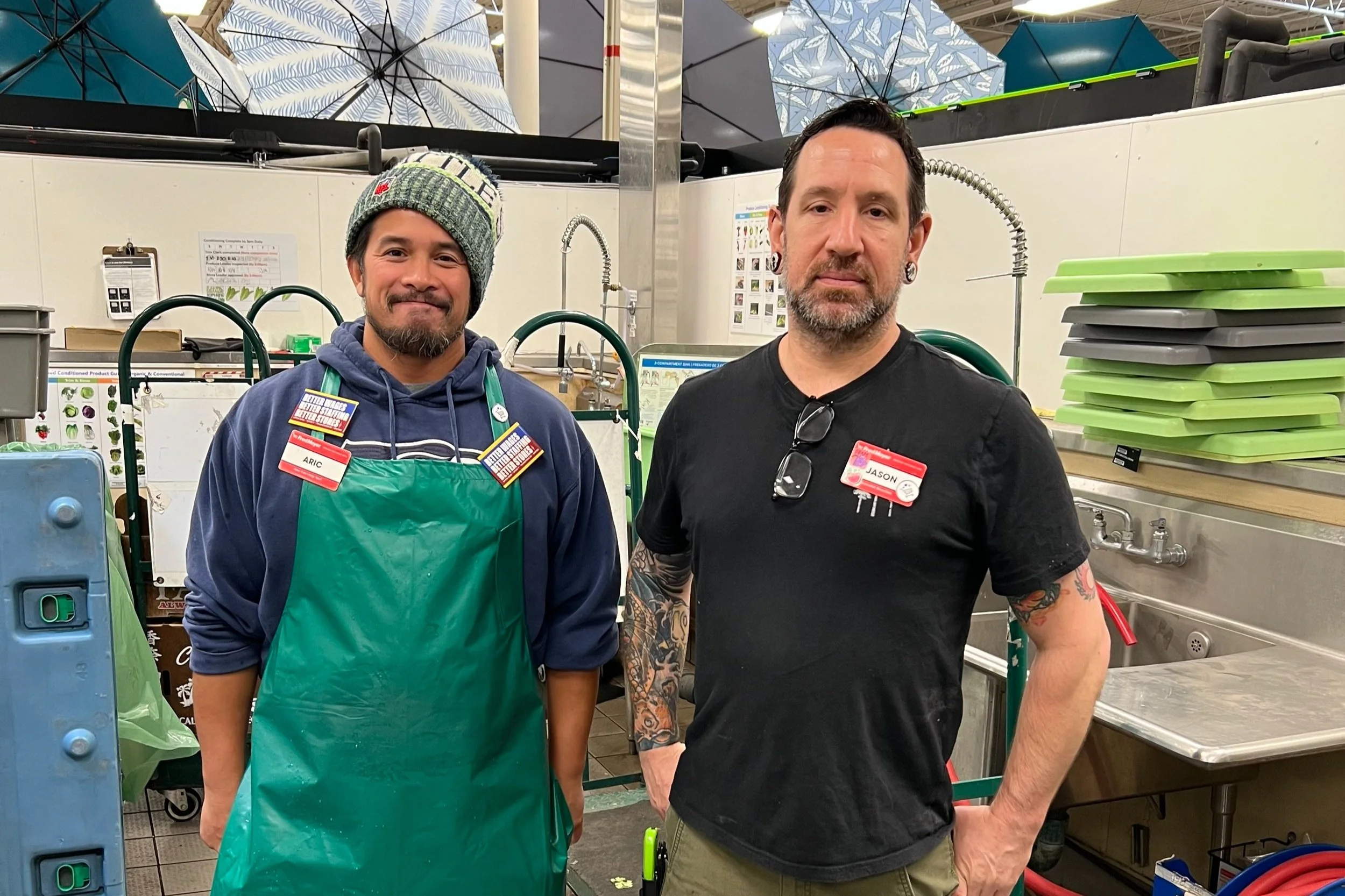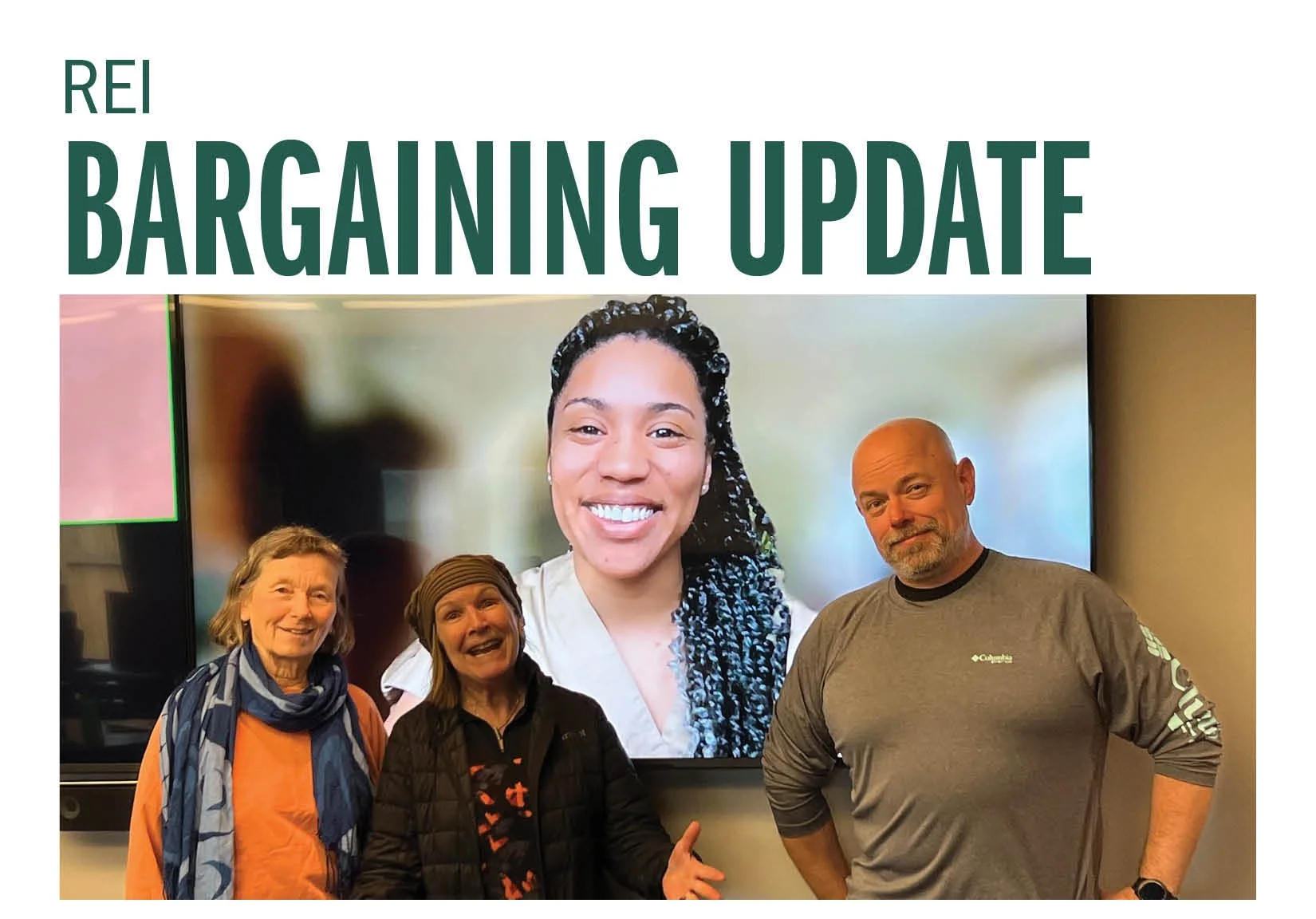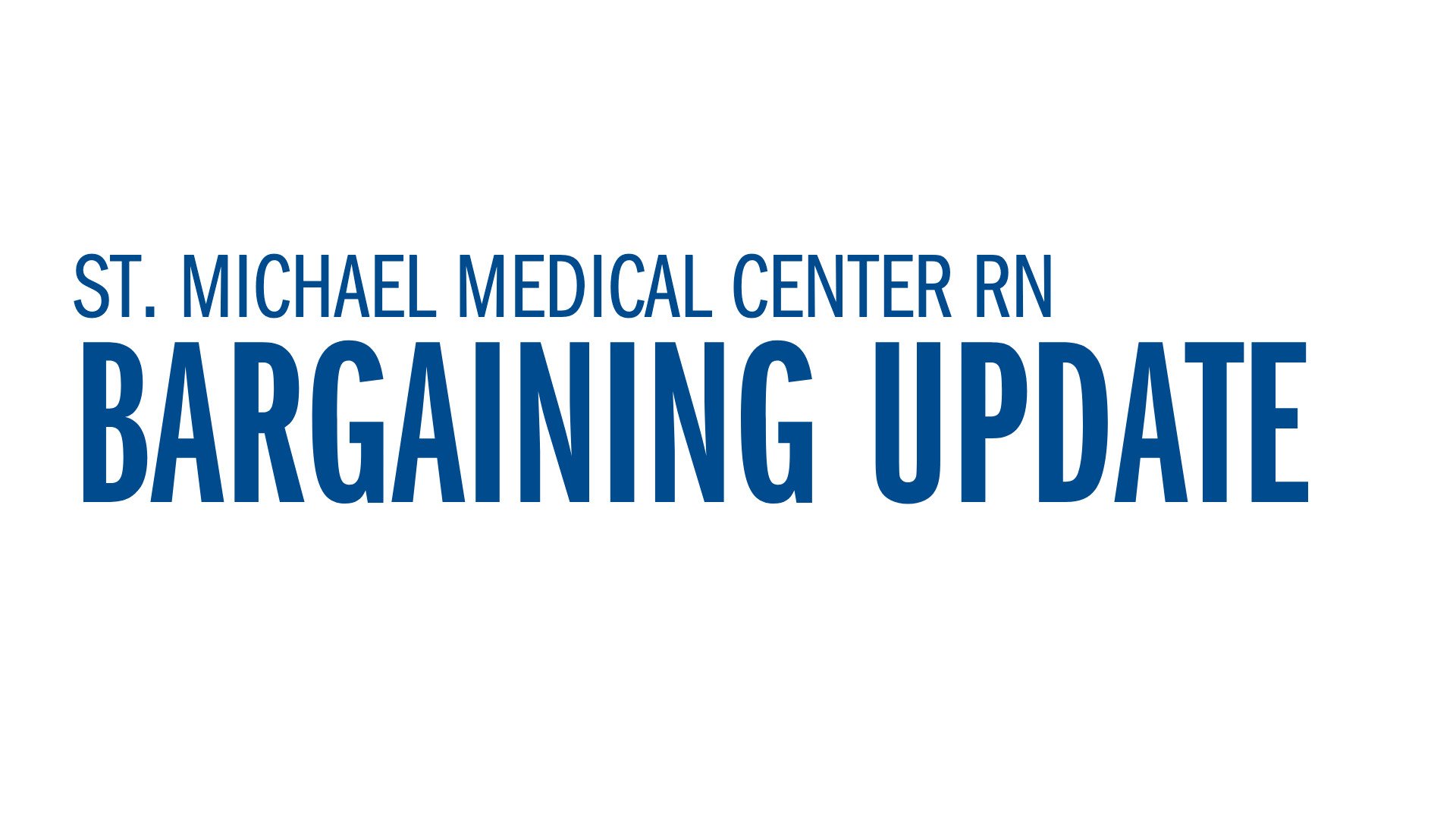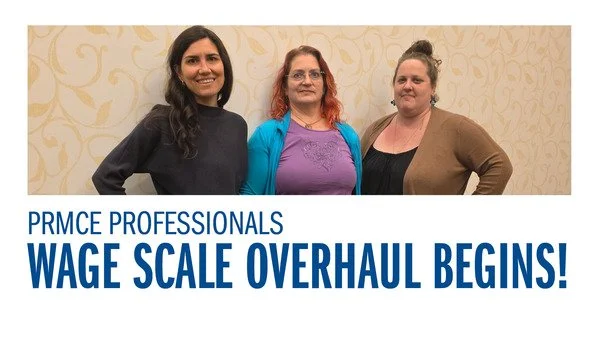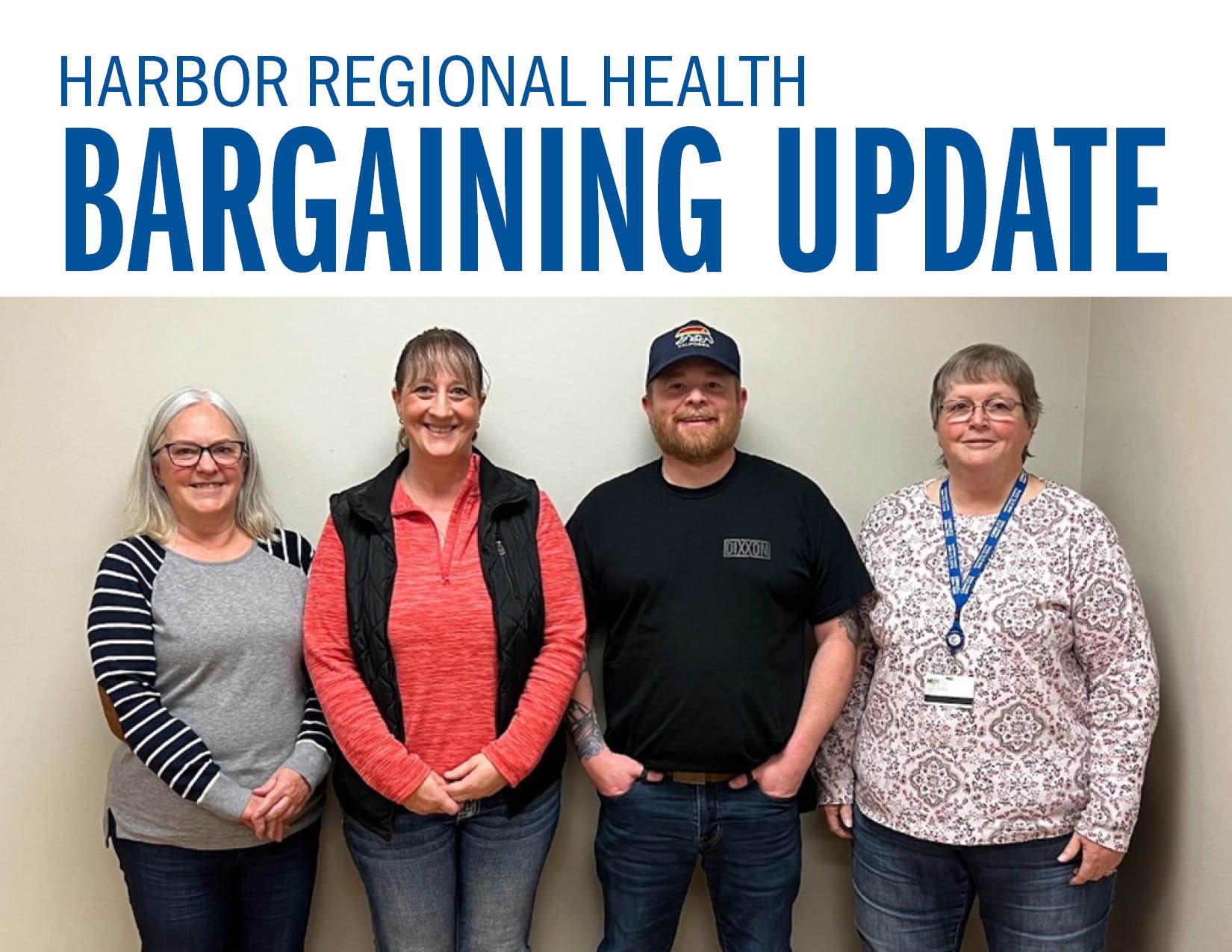Grocery Store Worker Telephone Town Hall Call
/Join us for a special Grocery Store Worker
Telephone Town Hall!
Tuesday, January 19, 6:30PM
Call-in number: 888-652-0383
Meeting ID: 5662
Join to discuss bargaining and hazard pay ordinances, get your questions answered, and connect with other union grocery store workers. Expect a call from us around 6:30, but if you miss the call or don’t receive one, just call in yourself with the number and meeting ID!
JOIN THE FIGHT:
SPEAK UP: Why is hazard pay important to you and your coworkers? Share a quick video or written message! Share why hazard pay is important to you >>
TESTIFY: These days, speaking before city council can be done from your own home, car, or break room because meetings are held online. Live or work in Seattle or Burien? Sign up for more information, and we’ll connect with you when there’s a city council hearing you could speak at! Sign up to speak at a council meeting >>
START SOMETHING: Do you want to bring up a hazard pay ordinance in your city or county? Sign up and a UFCW 21 organizer will connect with you for a training on how to move an ordinance through your city! Sign up for a training on organizing for hazard pay ordinances >>
WHEN WE FIGHT, WE WIN.






